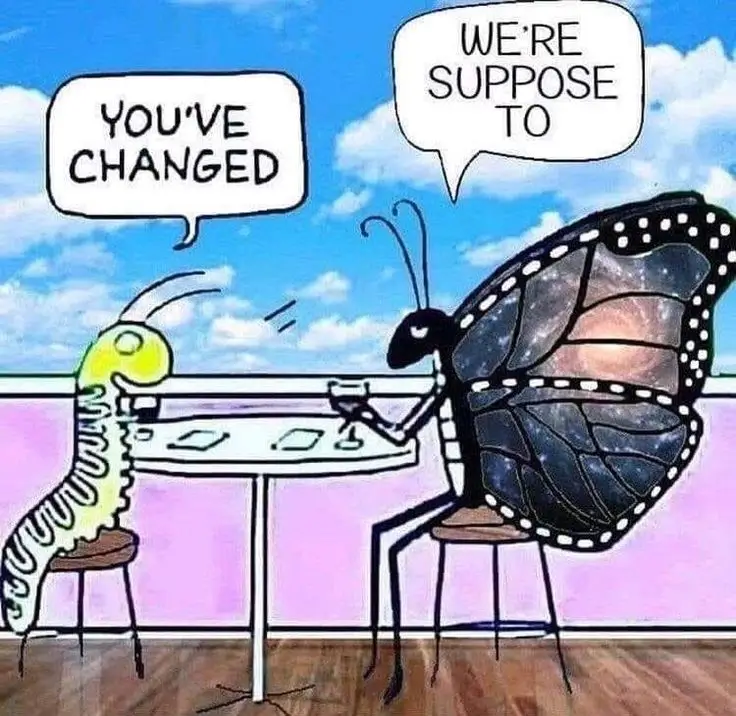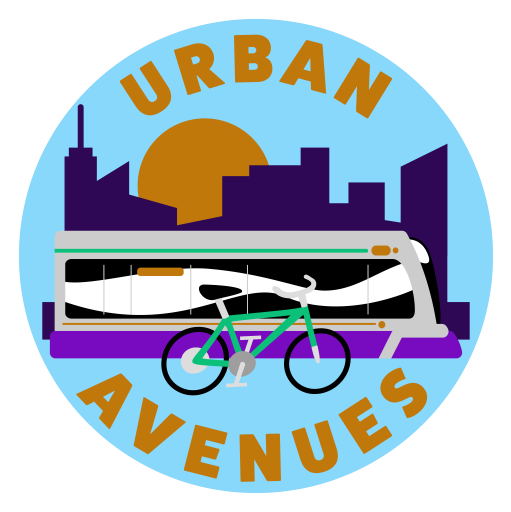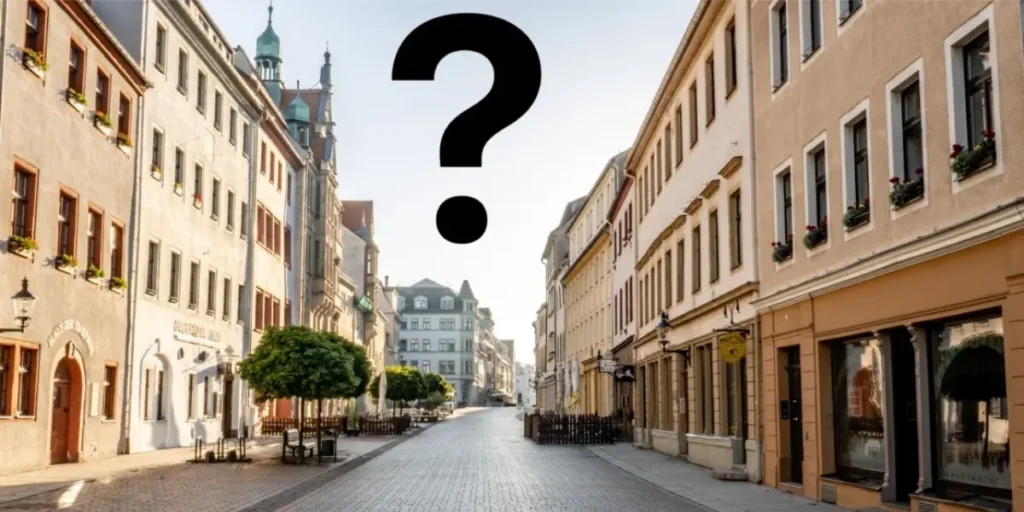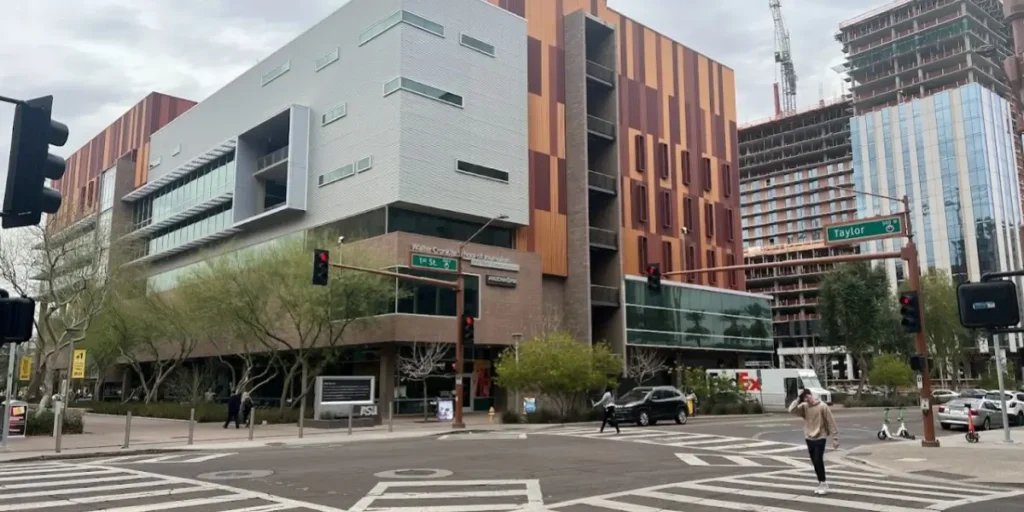Have you heard someone described as an urbanist or wondered what urbanism means?
Welcome to the first installment of the series called Urbanist Declassified – your Urbanism 101 class that aims to break down the concepts of urbanism into easily digestible content to broaden your understanding.
What is urbanism?
In simple terms, Merriam-Webster defines Urbanism as “the characteristic way of life of city dwellers” and as “the study of the physical needs of urban societies” (Urbanism). However, these definitions do not fully reflect the approachable aspect of urbanism that many people relate to. This has given rise to various sub-categories such as New Urbanism, Everyday Urbanism, Sustainable Urbanism, and more. It branches out into various versions, each distinguished by a specific term preceding ‘urbanism,’ resulting in a diverse array of perspectives and approaches.
While there is a technical definition, most self-proclaimed urbanists tend to personalize their definition of urbanism. In my view, urbanism is a formal and holistic approach that involves studying, improving, and advancing urban spaces, taking into account infrastructure, social dynamics, and community connections. It shouldn’t solely be viewed as a technical term; there is an underlying philosophy that is fundamental to urbanism.
What is an urbanist?
An urbanist, simply put, is anyone living in an urban area with a passion or interest in understanding, improving, and contributing to the development of their urban community. We all want our communities to succeed, and we all have different ideas and opinions on how we can improve them. Many individuals, including myself, proudly self-proclaim to be an urbanist when we are extremely passionate about urbanism and our communities.
In reality, anyone residing in an urban area is an urbanist. In the US, 80% of the population lives in an urban area (U.S. Census Bureau). Technically speaking, even if you live in the suburbs, you could still considered an urbanist as the census does not recognize suburban as a separate category, only rural or urban. Rural areas have their own set of challenges, and exploring their symbiotic relationship with urban areas is something worth delving into in the future because both areas benefit from each other in a mutual way.
Evolving Urbanism
Why does urbanism and being an urbanist matter? Because our cities and towns are going through constant change. As residents in our urban areas we should be embracing and working towards the change we want to see in our communities. It is natural for our cities and urban environments to change – the only constant in life is change. As humans, we are amazing at adaptation, and when we build cities that can adapt and change according to the needs of the community, incredible and beautiful cities can emerge, making us proud to be a part of society.
As urbanists, we can look towards the future of our built environments in a positive way. Despite the array of challenges—homelessness, soaring housing costs, urban sprawl, to name a few—these shouldn’t intimidate us. Instead, our focus should be on fostering a city created by and for everyone. This inclusive approach enables us to begin tackling the multitude of issues prevalent in today’s cities.
You’ve Changed
You might have encountered those inspirational quotes likening change to a conversation between a butterfly and a caterpillar. I believe many communities are like caterpillars, hesitant to change. However, every community has the potential to transform into an amazing butterfly. Let’s not allow fear to hinder our growth and prevent us from becoming extraordinary communities. Cities will inevitably evolve, and as urbanists, we should actively participate and encourage our communities to help build a city for everyone as it evolves.

References
- “Urbanism.” Merriam-Webster.com Dictionary, Merriam-Webster, https://www.merriam-webster.com/dictionary/urbanism.
- “U.S. Census Bureau.” 2020 United States Census. 2020. https://www.census.gov/programs-surveys/geography/guidance/geo-areas/urban-rural/2020-ua-facts.html



